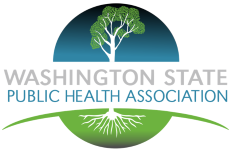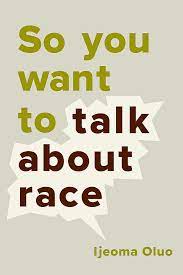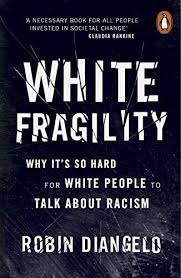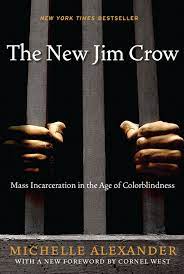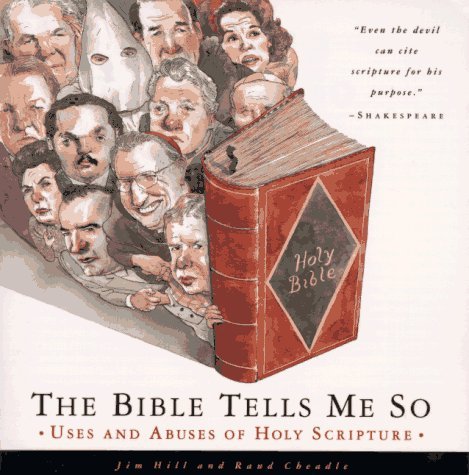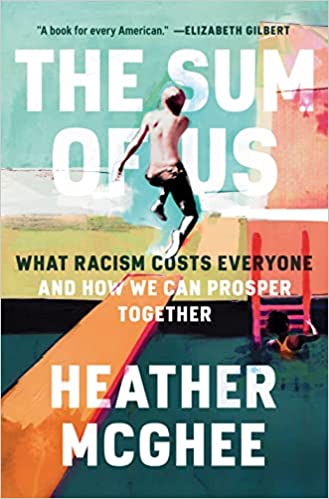Diversity, Equity, and InclusionWSPHA is strongly committed to embodying the values of diversity, equity, and inclusion in our actions, policies, advocacy, events, and membership. We have an active committee for Diversity, Equity, and Inclusion that meets to reflect on the ways WSPHA is currently meeting the goals and expectations of being an anti-racist, inclusive organization and how we are improving health equity in Washington state, and ways that we can continue to improve. Resolution: That Racism is a Public Health Crisis in Washington State View the equity track panel videos from the 2022 Annual Conference - now available on the WSPHA YouTube channel: WSPHA President-Elect JanMarie Ward facilitates a conversation with Toni Lodge of the NATIVE Project, Council Member Andy Joseph of the Confederated Tribes of the Colville Reservation, and Vicki Lowe of the American Indian Health Commission. “The Indian nations had always been considered as distinct, independent political communities retaining their original natural rights as undisputed possessors of the soil, from time immemorial"...Worcester v Georgia 1832 Supreme Court Decision from the Marshall Trilogy. What does this understanding from the Supreme Court ruling mean in context of the health, healing, and restoration of Indigenous people today? Racism as a Public Health Crisis WSPHA President-Elect JanMarie Ward facilitates a discussion with DEI Speaker & Trainer Kitara Johnson, Jenny Slagel of Tmiyu Consulting, Elaine Shoji Ishiara of the Asian Pacific Islander Coalition Advocating Together for Health, and Esmael Xiutecpatl Lopez of the Washington State Department of Health. How does racism show up in your communities? What are the impacts of white supremacy? WSPHA has acknowledged the effect of white supremacy and institutional racism on health status resulting in inequities of higher rates of morbidity and mortality among Black, Indigenous, and People of Color (BIPOC) populations. We define white supremacy as the belief that white people are a superior race to the point of it being detrimental to other racial or ethnic groups. While white supremacy is not as overt as it was in America decades ago, many of the systems it installed are still in place and causing harm to others. Transforming PH to Address Racism WSPHA President-Elect JanMarie Ward facilitates a conversation with Dr. Karina Walters of the University of Washington and Dr. Ben Danielson of the Seattle Foundation. Racism is a Public Health Crisis. Structural and institutional racism has caused harm to Black, Indigenous, and other Persons of Color (BIPOC) and has led to distrust of our public health systems, structures, and frameworks. We, together, must create a new path beginning by identifying how racism is manifested in our public health systems and institutions. Together, we must work to dismantle and deconstruct dominant systems of power and oppression, and with all communities, innovate and construct a healing and equitable future. What should be considered in creating a path of healing and restoration? Board Recommended ResourcesClick on the books below to learn more about these titles, and/or to purchase Additional ResourcesWebinar 1/8/2022: Racism as a Public Health Crisis by WSPHA MPH Intern, Gurpreet Sandhu Slides: Racism as a Public Health Crisis, Gurpreet Sandhu Do you know of diversity, equity, and inclusion resources that you'd like to see on this page? We invite you to help us co-create this resource page, and welcome any suggestions/recommendations for resources. Please send us an email to have your resource considered for inclusion on this page.
|
